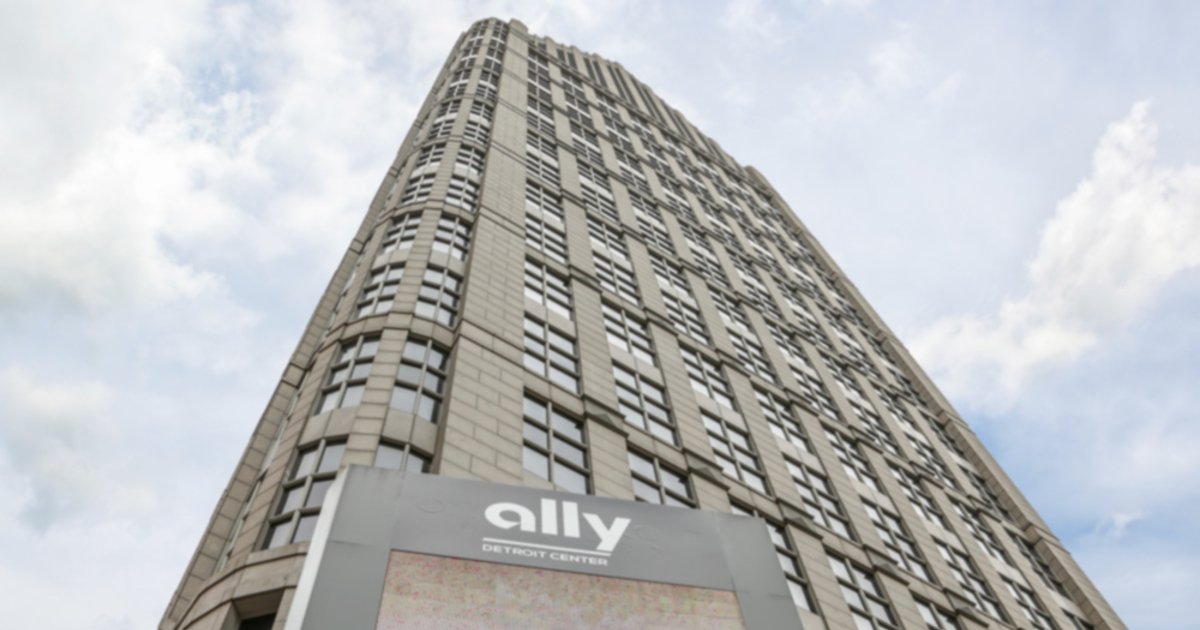
Ally Financial remains bullish about both auto loan demand and the company’s ability to raise the interest rates offered to car buyers despite high inflation and the prospect of more Fed rate increases.
“The story remains consistent,” CEO Jeffrey Brown said on an earnings call July 19.
Vehicle demand was strong and supply challenged, Brown said. Consumers earning more than $50,000, the demographic representing the majority of Ally’s portfolio, showed strong demand, Chief Financial Officer Jennifer LaClair said on the call. Ally still projected 4 million to 5 million consumers were poised on the sidelines to replace shoppers who dropped out of the market, Brown said.
Brown and LaClair’s assessment came a week before the Federal Open Market Committee on July 27 raised the federal funds rate by 0.75 percentage points to a target of 2.25 to 2.5 percent. The Federal Reserve rate has a ripple effect upon consumer interest rates and spending.
In the second quarter, the Fed raised its rate a combined 1.25 points to a 1.5 to 1.75 percent target rate, as of June 15. The body sought to fight inflation, which ran 9.1 percent in June.
But Ally, which Experian’s 2021 data ranks as one of the nation’s largest new-vehicle (No. 9) and used-vehicle (No. 2) lenders, said it wrote more loans and leases in the second quarter than in the first three months of 2022, both in total dollars financed and the number of transactions handled. LaClair said 69 percent of the vehicles were used.
Ally also financed a larger amount of new debt than in the second quarter of 2021, though loan and lease application volume fell 6.6 percent from a year earlier. However, Brown said new auto sales were down 21 percent and used sales down 17 percent from a year earlier.
Ally achieved this performance while raising interest rates. Last quarter’s lending is expected to return a 7.82 percent yield, up 0.75 point from Ally’s first-quarter originations and “reflecting significant pricing action,” LaClair said. She called Ally confident it could generate even higher loan yields in the future.
“We’ll continue to put price in,” LaClair said.
Ally is pleased with both the business and the yields it’s seeing in the auto market, she said.
Ally had added more than 1.5 percentage points to its interest rate from Jan. 1 through the week before the earnings call, and it expected to have average interest rates of more than 8 percent during the third quarter, according to LaClair.
She said the bank’s ability to do this without lowering creditworthiness standards reflected dealership willingness to send Ally loans. The lender during the second quarter counted 22,408 dealerships borrowing from it or referring customers to Ally financing, a 14 percent increase from a year earlier.
Brown said the auto finance market was becoming more competitive but felt the company’s dealer relationships would keep it in the running for future deals.
“I don’t think you can overstate the importance of growth in the dealer count,” he said.
LaClair said Ally’s interest rates through the second quarter have moved very similarly to the federal funds rate, though the two don’t always march in step to that degree. Dealers and consumers likely will see Ally’s interest fluctuate and move less in unison with the federal rate going forward, she said — particularly as Ally expects the Fed to raise interest rates eight more times.
Traditionally, increases in interest rates haven’t affected vehicle demand, LaClair said.
“I would say that this cycle is very similar to what we’ve seen in the past,” she said.
A 1-point increase on a car loan is approximately just $15 to $20 more a month, LaClair estimated. A customer right now might be paying that amount for “two loaves of bread,” she said.
LaClair said consumers continue to show good financial health.
Savings account levels have started to normalize, she said, but they remain “robust” above pre-pandemic levels at all income levels — despite inflation, higher tax payment levels and strong consumer spending.
Thirty-day delinquencies rose in the second quarter but remained below 2019 levels, LaClair said. Sixty-day delinquency rates reached pre-pandemic levels, but LaClair said the new statistic was influenced by an Ally policy change rather than consumer behavior. Ally saw 2.5 percent of its auto borrowers default in the second quarter, compared with 3.3 percent in the second quarter of 2019.
LaClair said Ally’s accounting also assumes stable unemployment ending 2022 slightly below 3.5 percent before gradually returning to a historical average of 6.5 percent.